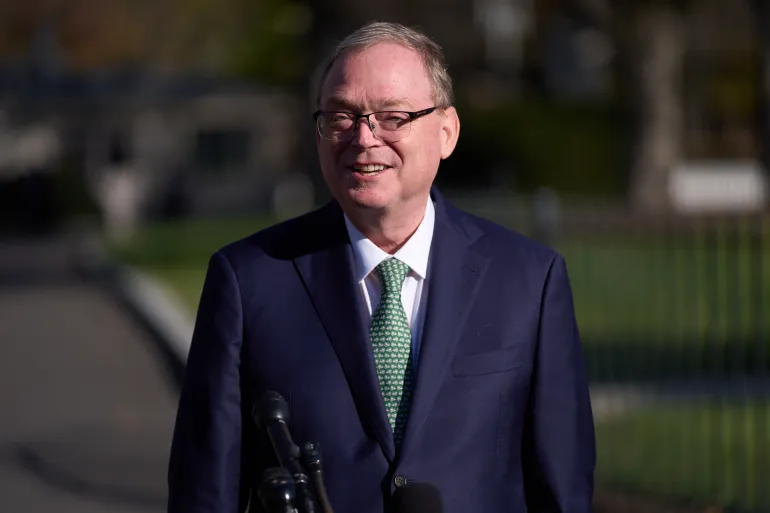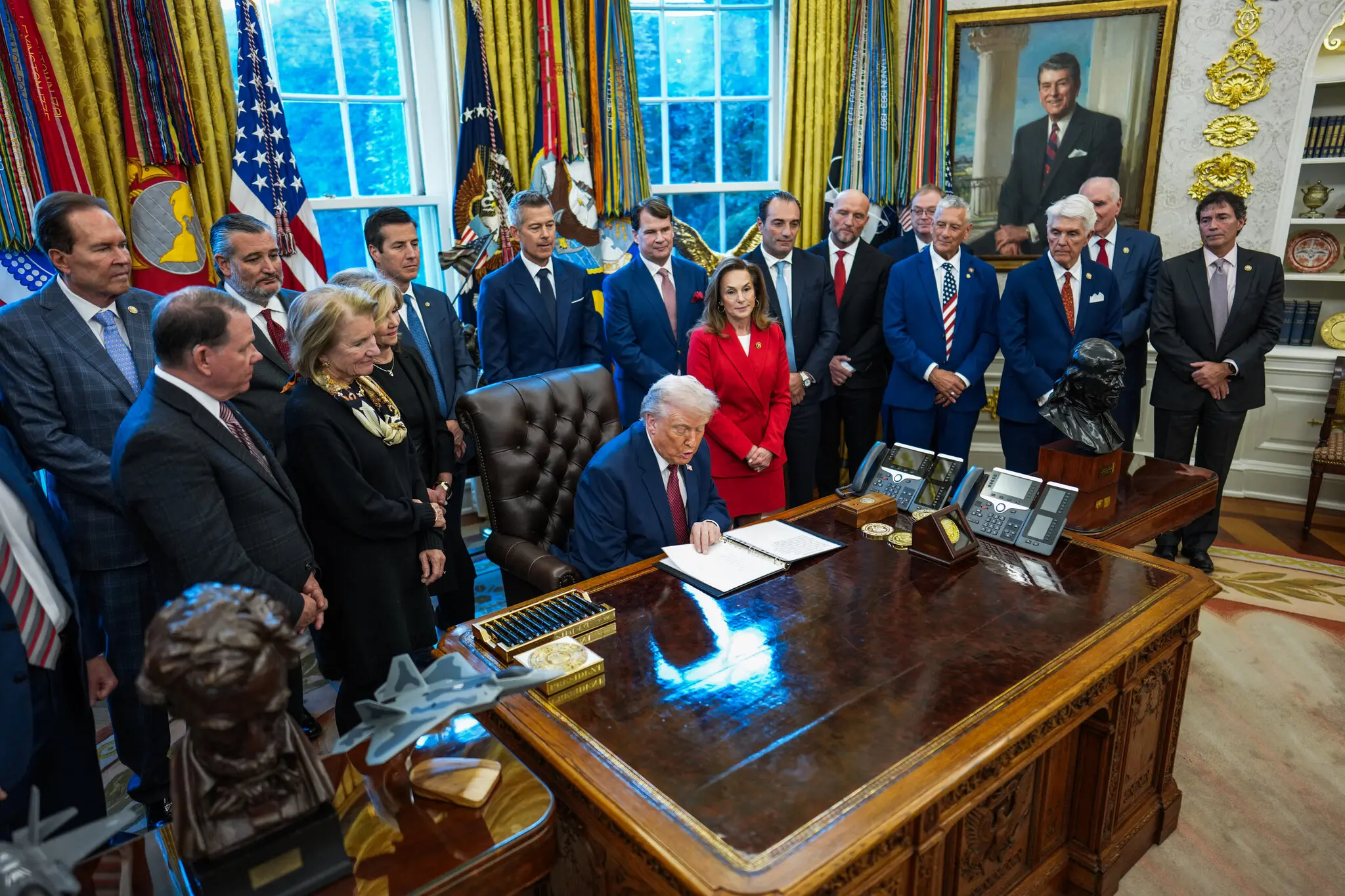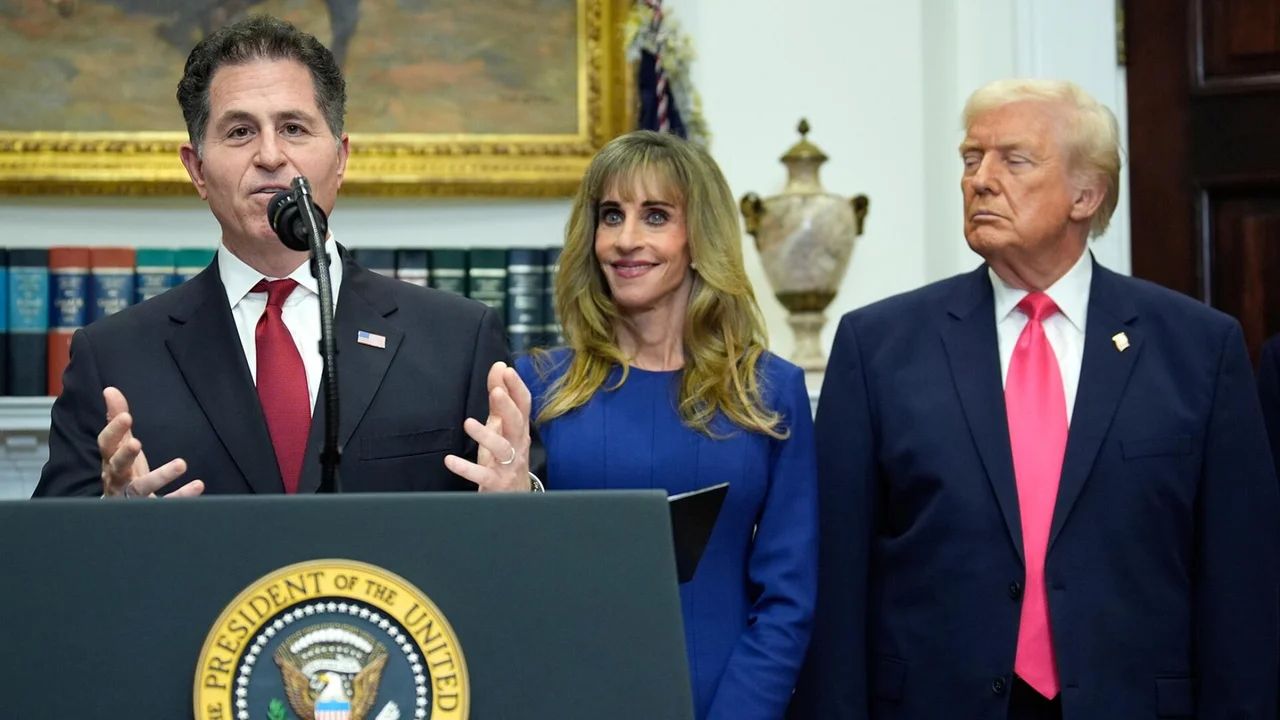Washington — An erupting legal and political battle is underway after documents revealed that Federal Reserve Governor Lisa Cook classified her Atlanta condominium as a “vacation home” or “second home” in loan paperwork from 2021. The disclosure has become central to allegations by the Trump administration seeking to remove her from the Fed board, but Cook and her team say the evidence undermines those claims.
What the Documents Say
- In a credit-union loan estimate from May 2021, Cook declared the Atlanta property would not be her primary residence, labeling it as a “vacation home.”
- In a separate federal disclosure form filed later in 2021, she again listed the same property as a “second home.”
- Tax records show she never claimed the homestead tax exemption on that condo—something typically done by people using a home as their primary residence.
These details potentially conflict with accusations that Cook falsely stated multiple properties as her primary residence to obtain favorable mortgage terms.
The Accusations & the Defense
Accusations:
- The Trump administration, supported by the director of the Federal Housing Finance Agency (FHFA), Bill Pulte, accuses Cook of misrepresenting two homes—her Atlanta condo and another home in Ann Arbor, Michigan—as primary residences at overlapping times.
- They argue this constitutes “mortgage fraud,” and are using the allegations to justify her removal “for cause” from the Federal Reserve Board. Under existing law, governors on the Fed board can be removed by the president only under certain conditions, such as misconduct or failure to perform their duties.
Defense:
- Cook and her legal team deny any wrongdoing. They contend the paperwork and statements she signed show she identified the Atlanta property as a vacation or second home, which weakens the fraud claim.
- They also argue that President Trump does not have legal authority to remove her for these alleged past discrepancies, especially since many of the documents under scrutiny were disclosed during her confirmation process.
Court Ruling & Status
- A federal judge granted a temporary injunction preventing Cook’s removal, stating that firing her on the current allegations would likely be illegal.
- The Trump administration has appealed that ruling, asking for the matter to be resolved swiftly, especially with a key Federal Open Market Committee (FOMC) meeting approaching where interest rate decisions are expected.
Why It Matters
- This is more than just a personal dispute—it’s seen by many observers as a test of how much influence the White House can have over the traditionally independent Federal Reserve.
- If Cook were removed, it could alter the balance of opinion among Fed governors, potentially tipping the board toward policies more favorable to the administration’s preferences.
- The case also raises larger questions about what exactly constitutes “cause” under the law and whether discrepancies in mortgage-or residence paperwork rise to that level.
What’s Next
- The appeals court is set to hear arguments about whether Cook should remain in her position in time for the upcoming interest rate decision by the Fed.
- If the lower court ruling is overturned, Cook could be removed before that meeting, shifting power on rate-making. If the ruling holds, she will stay on the board pending further legal proceedings.
Conclusion
The dispute over Lisa Cook’s mortgage declarations is rapidly evolving into a landmark legal battle with implications for the Federal Reserve’s independence and how much political pressure can be brought against its members. Regardless of the outcome, this case will likely set new precedent around the standards for “cause” when it comes to dismissing Fed governors.
















Leave a Reply